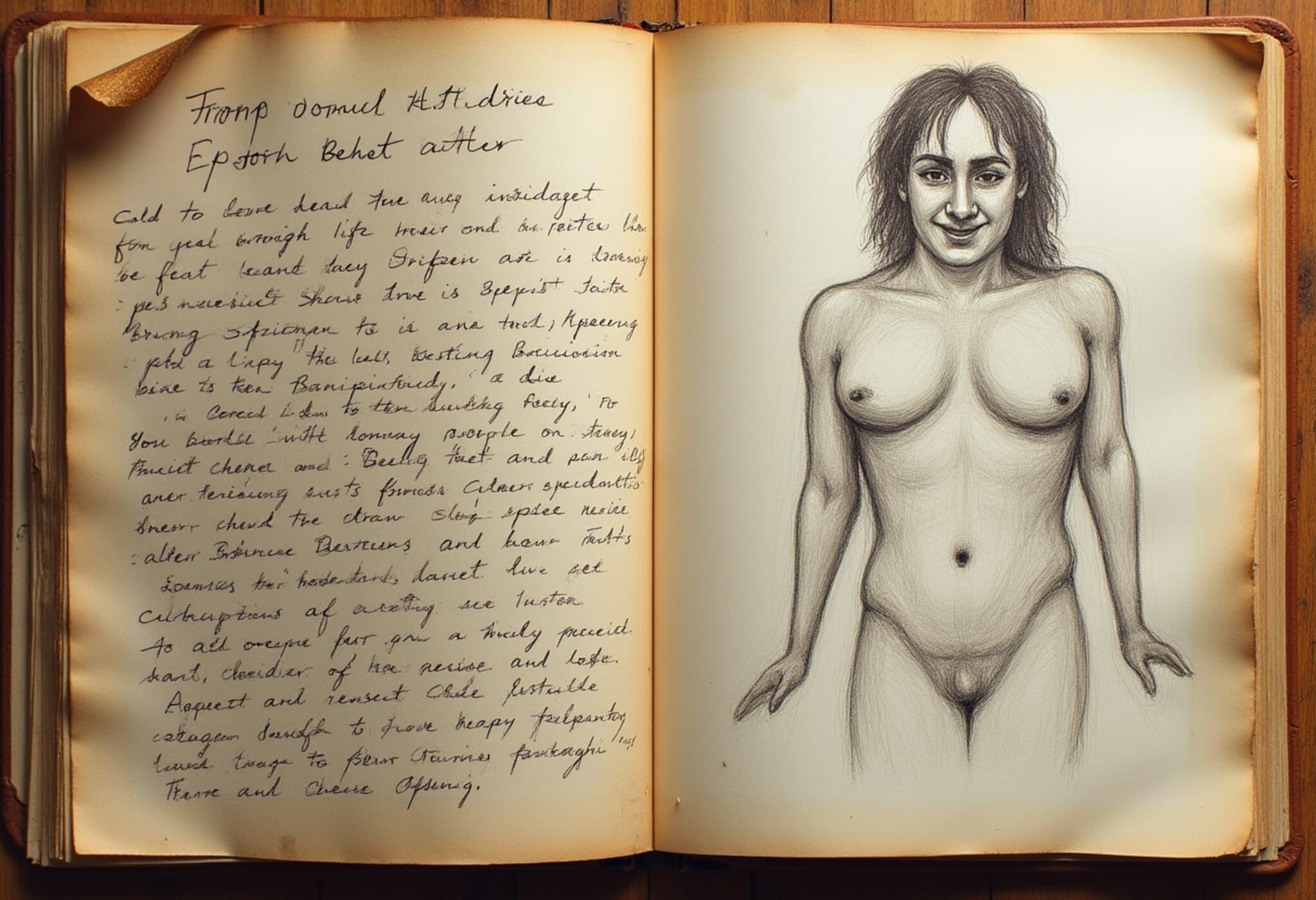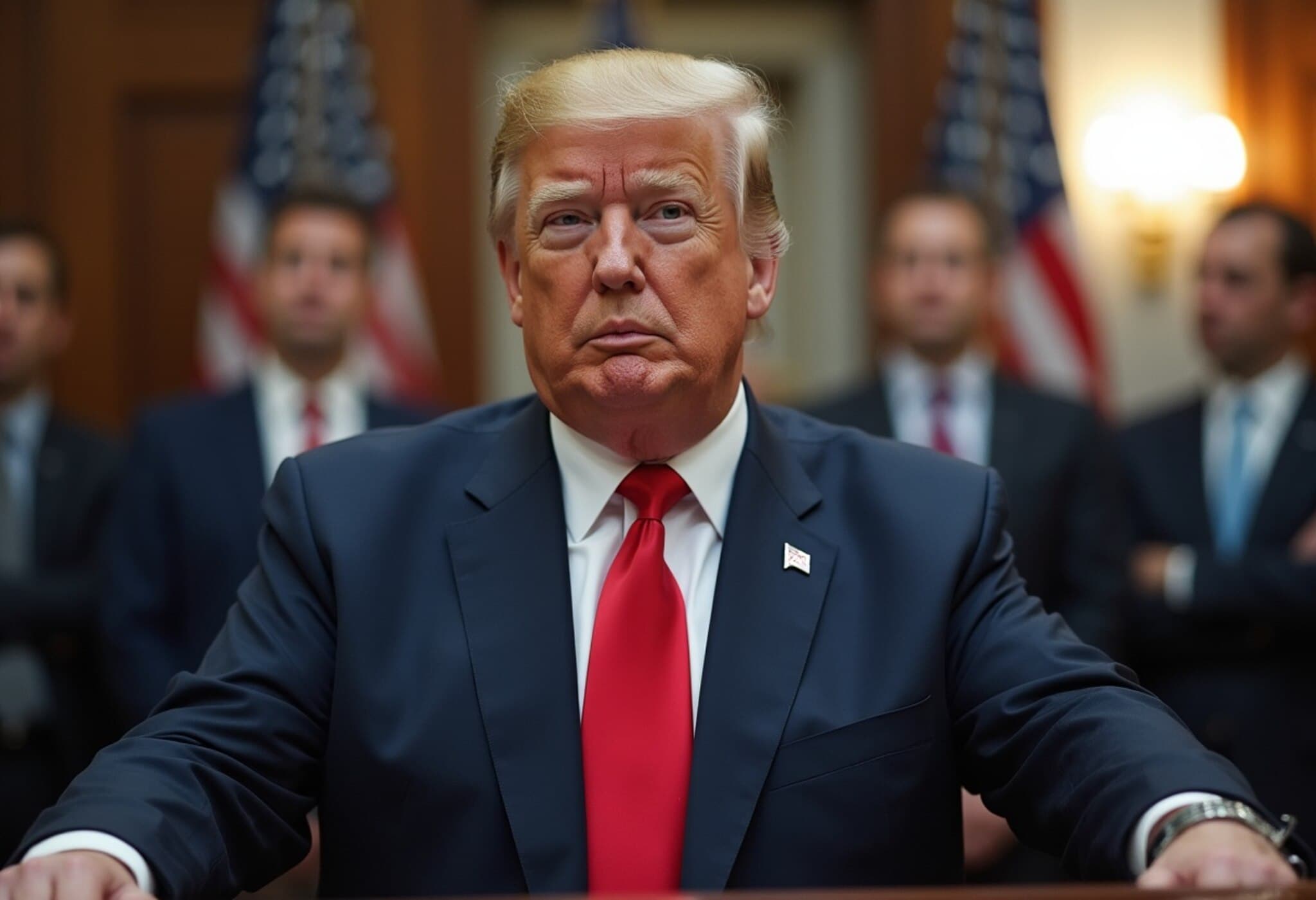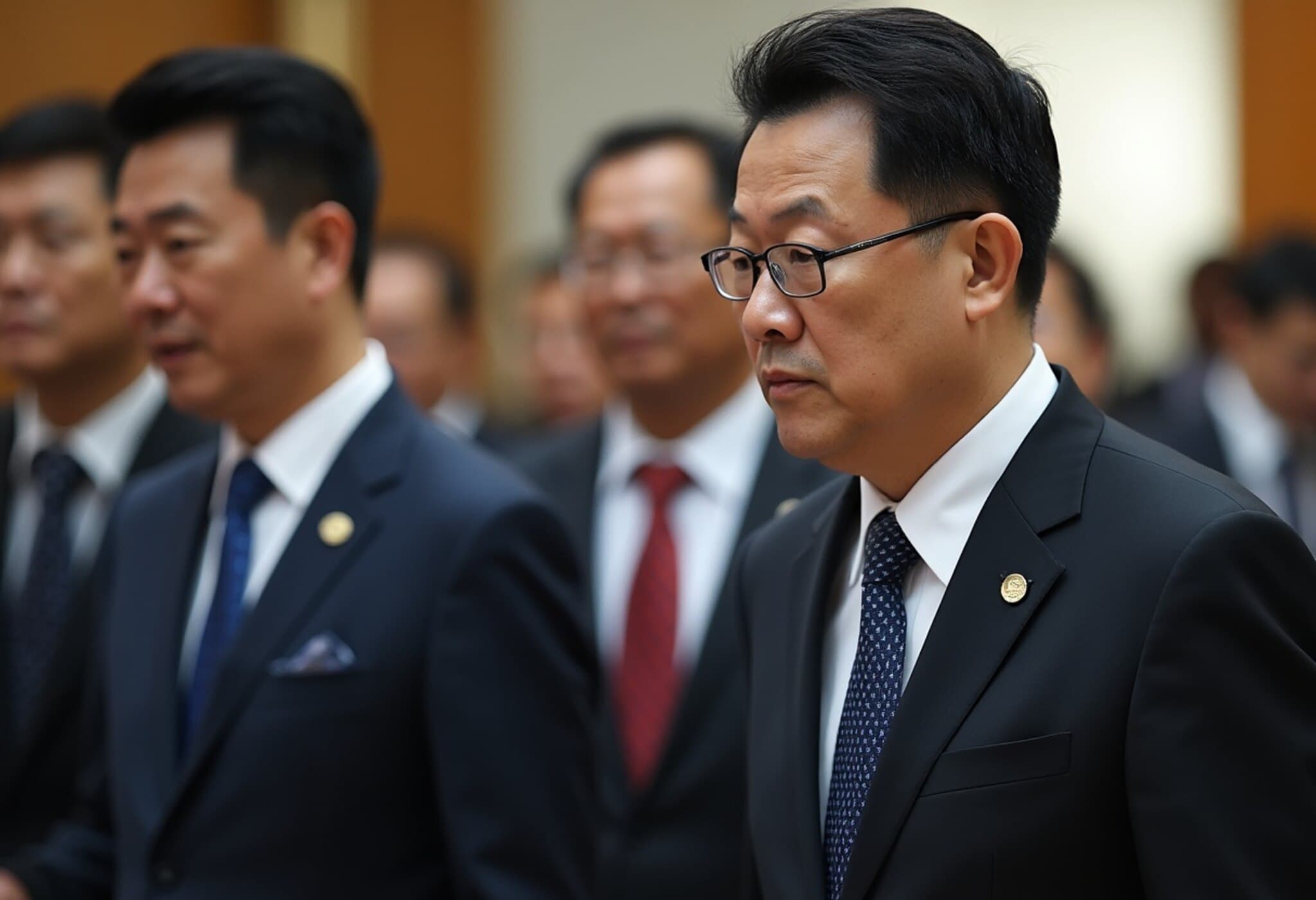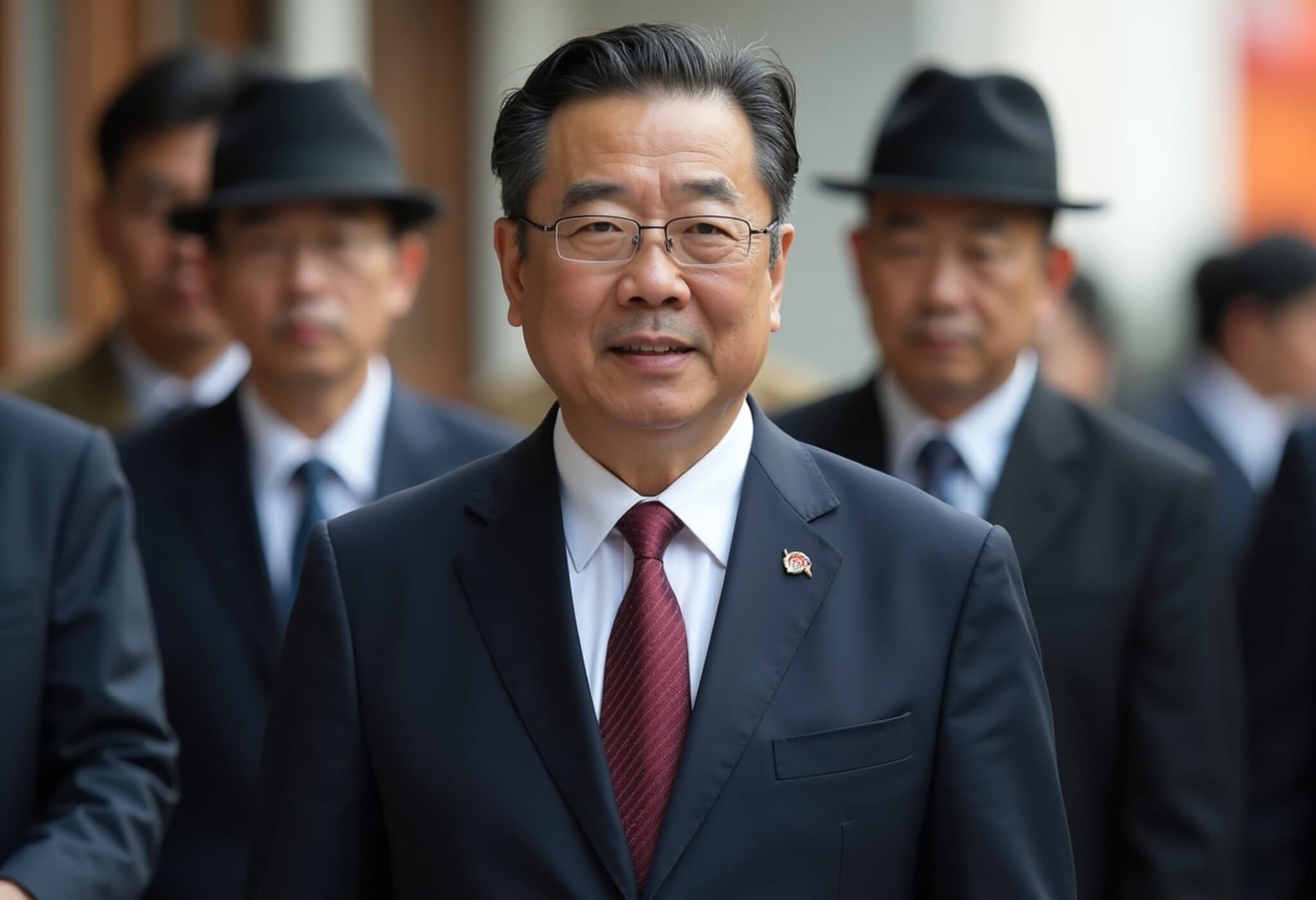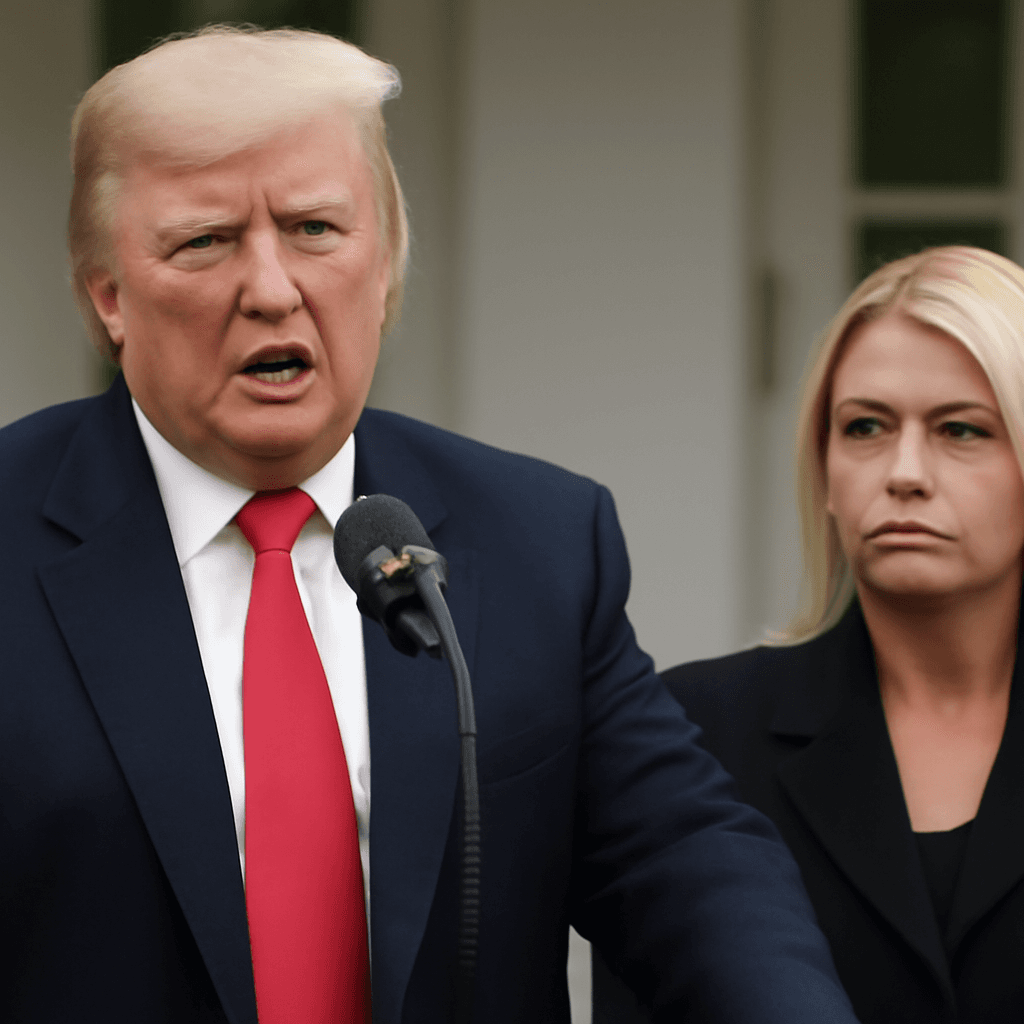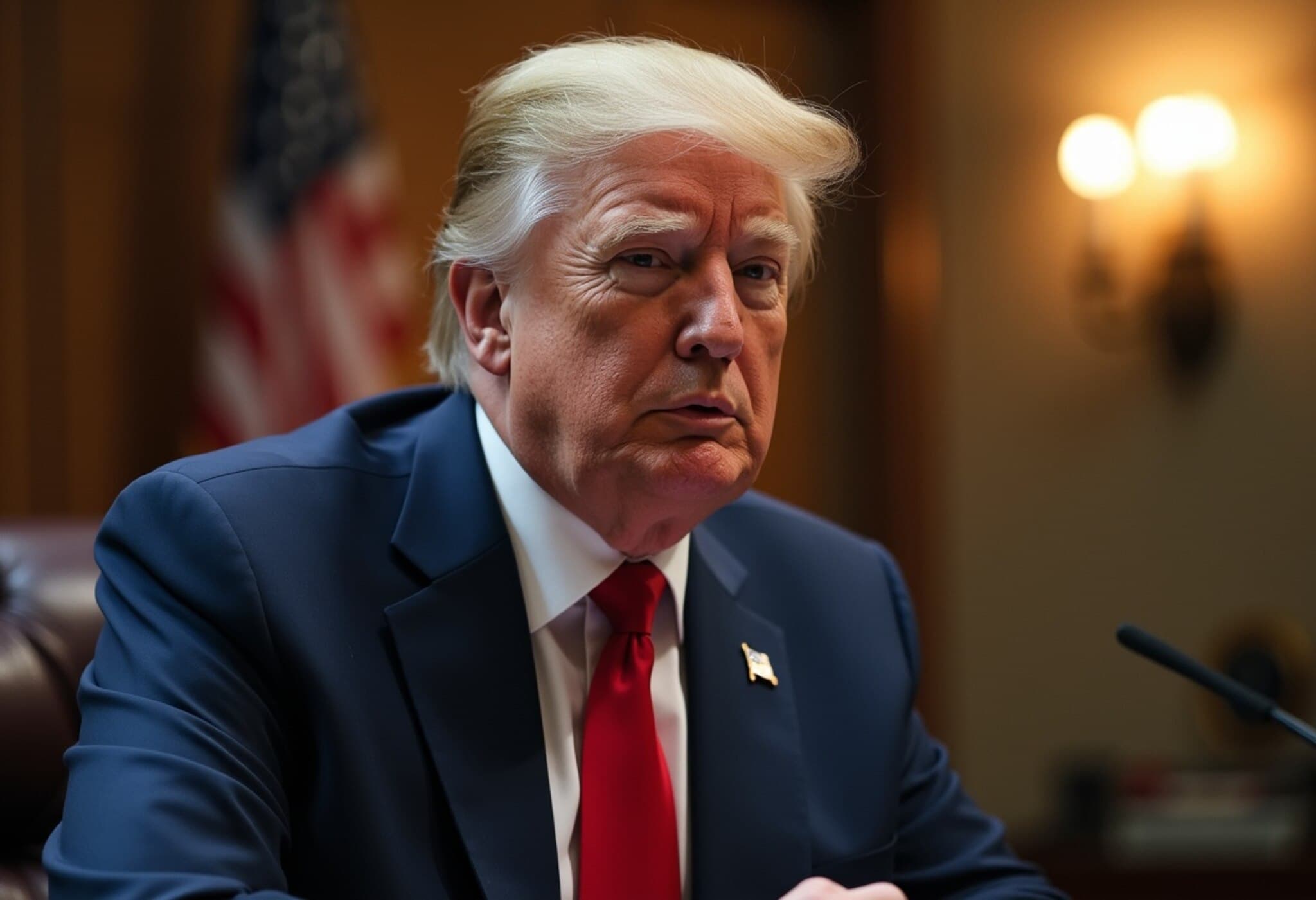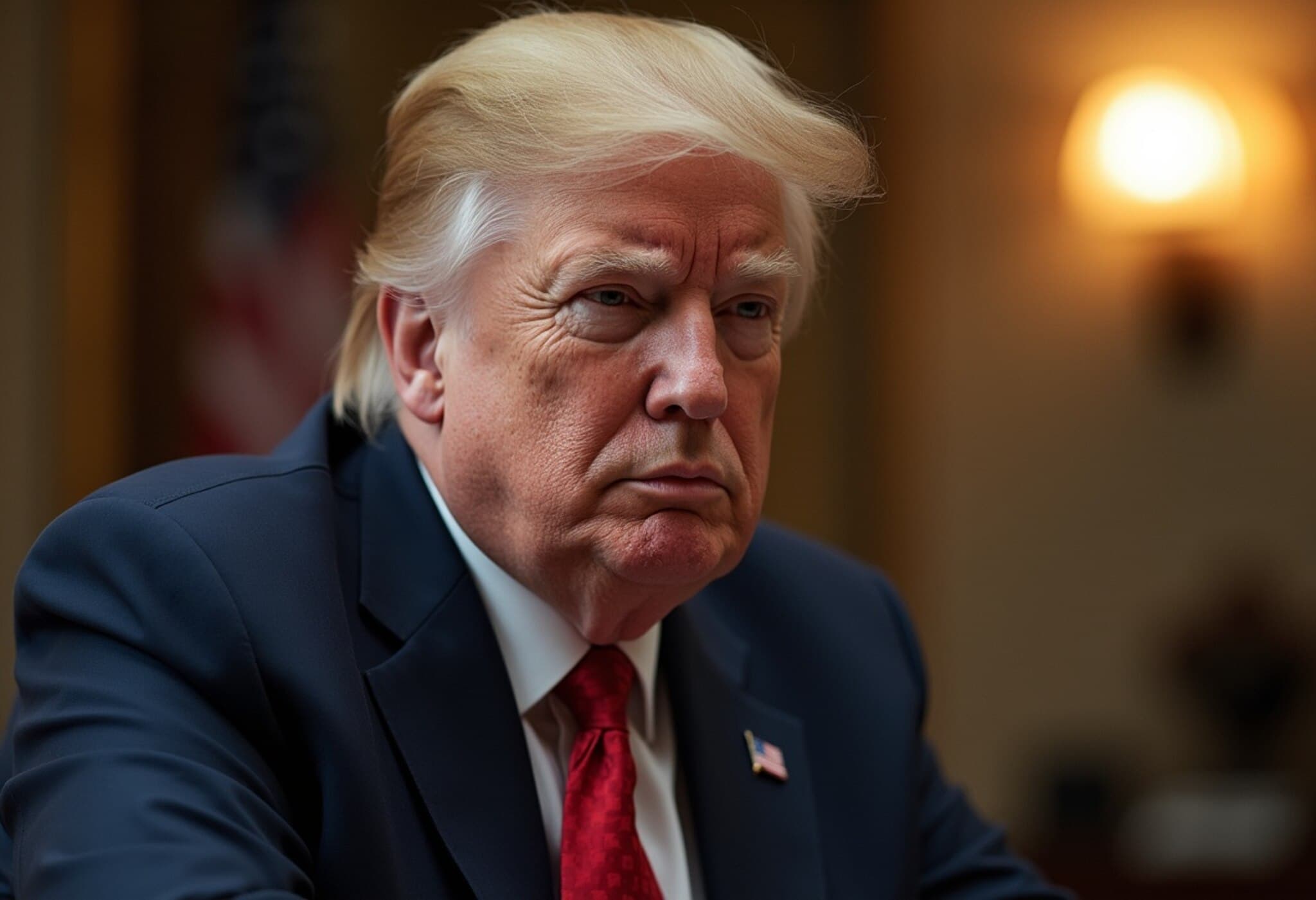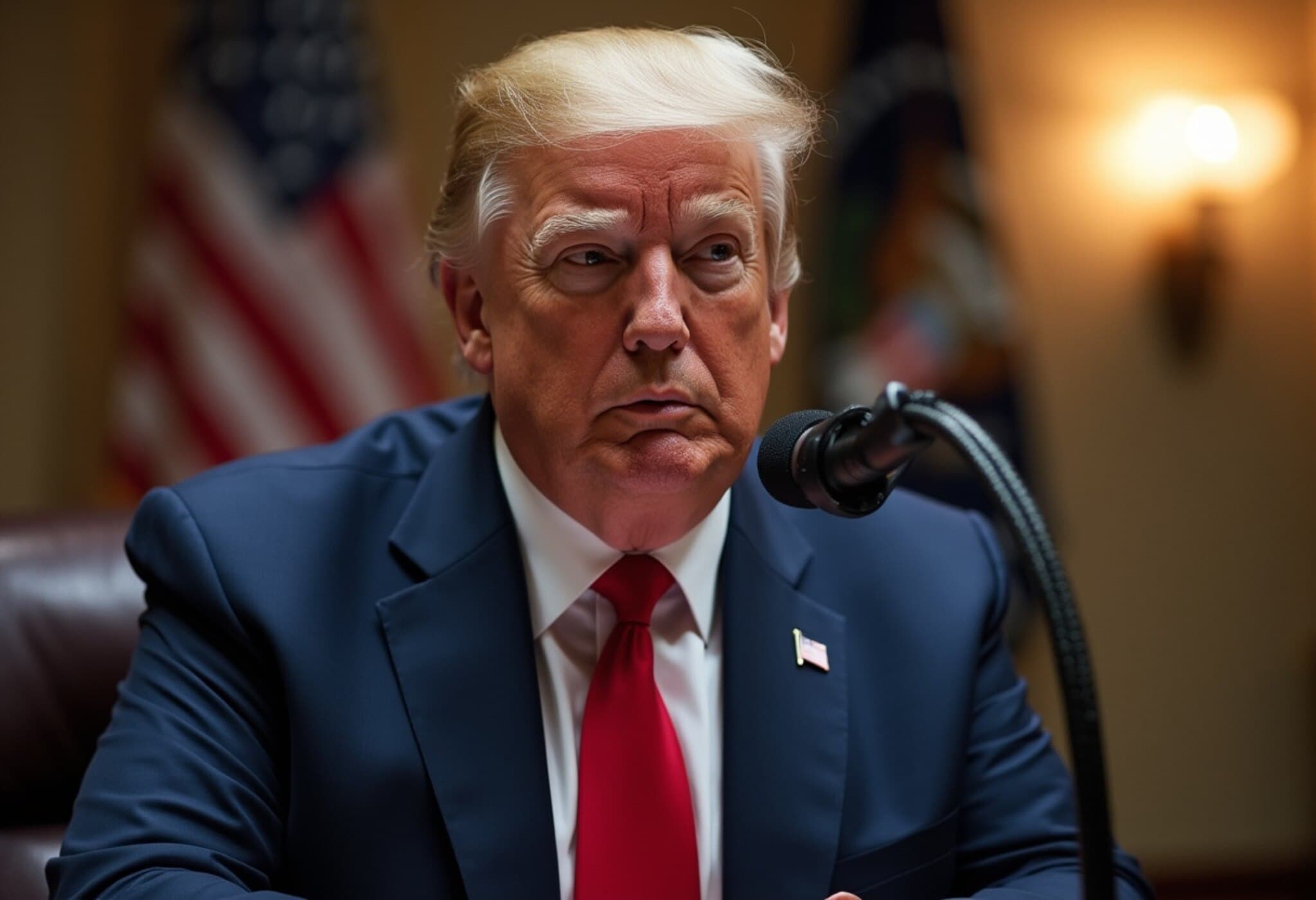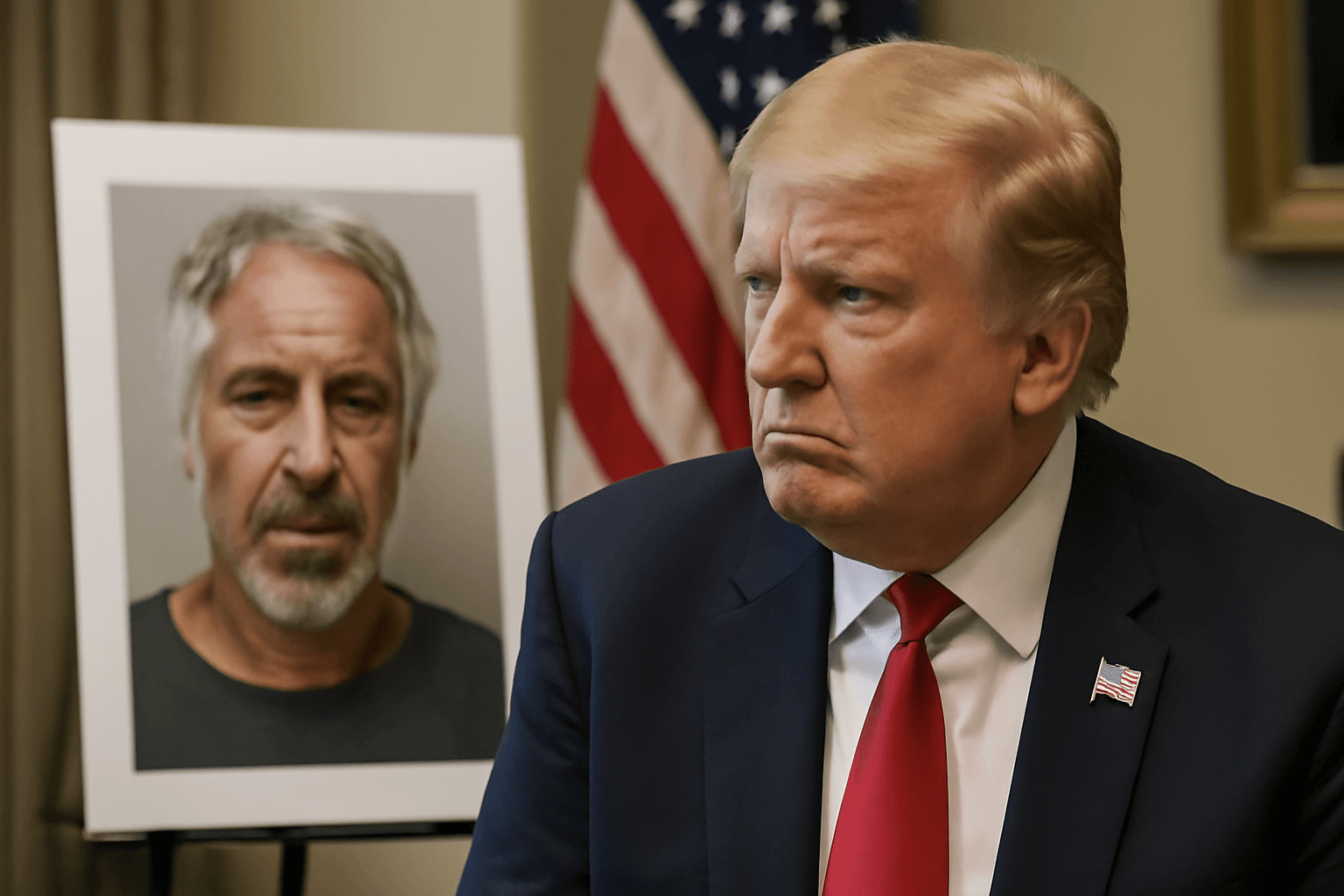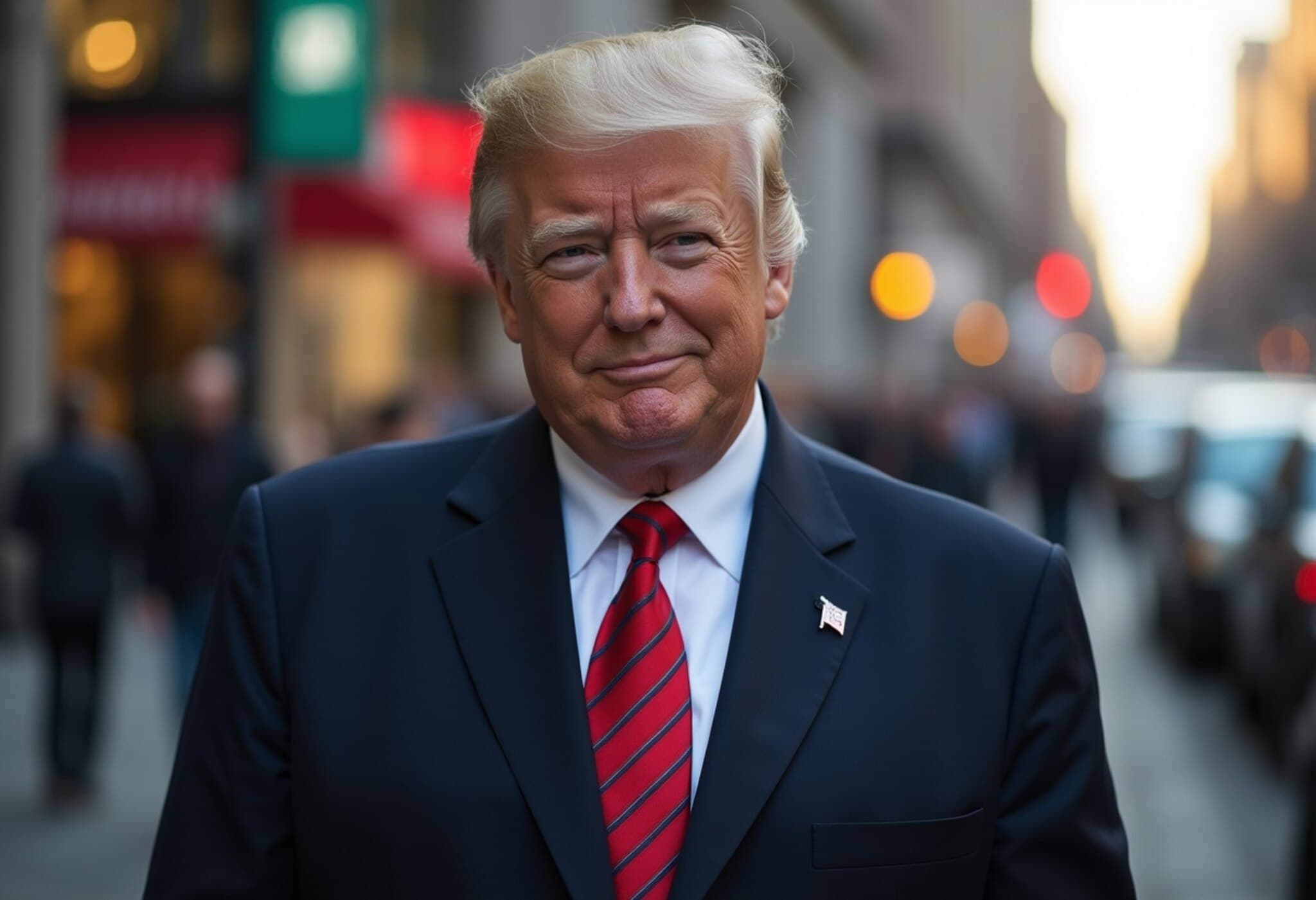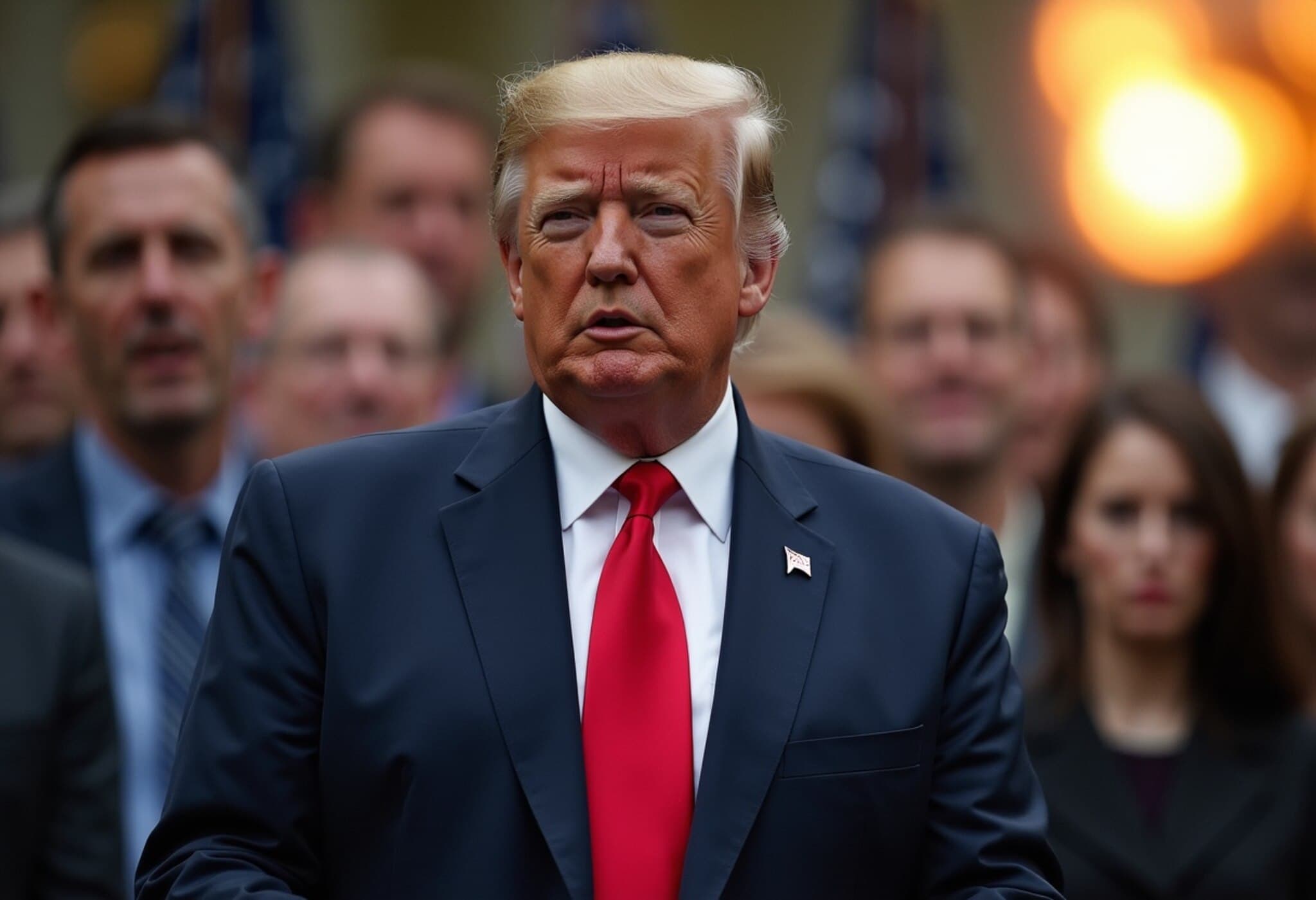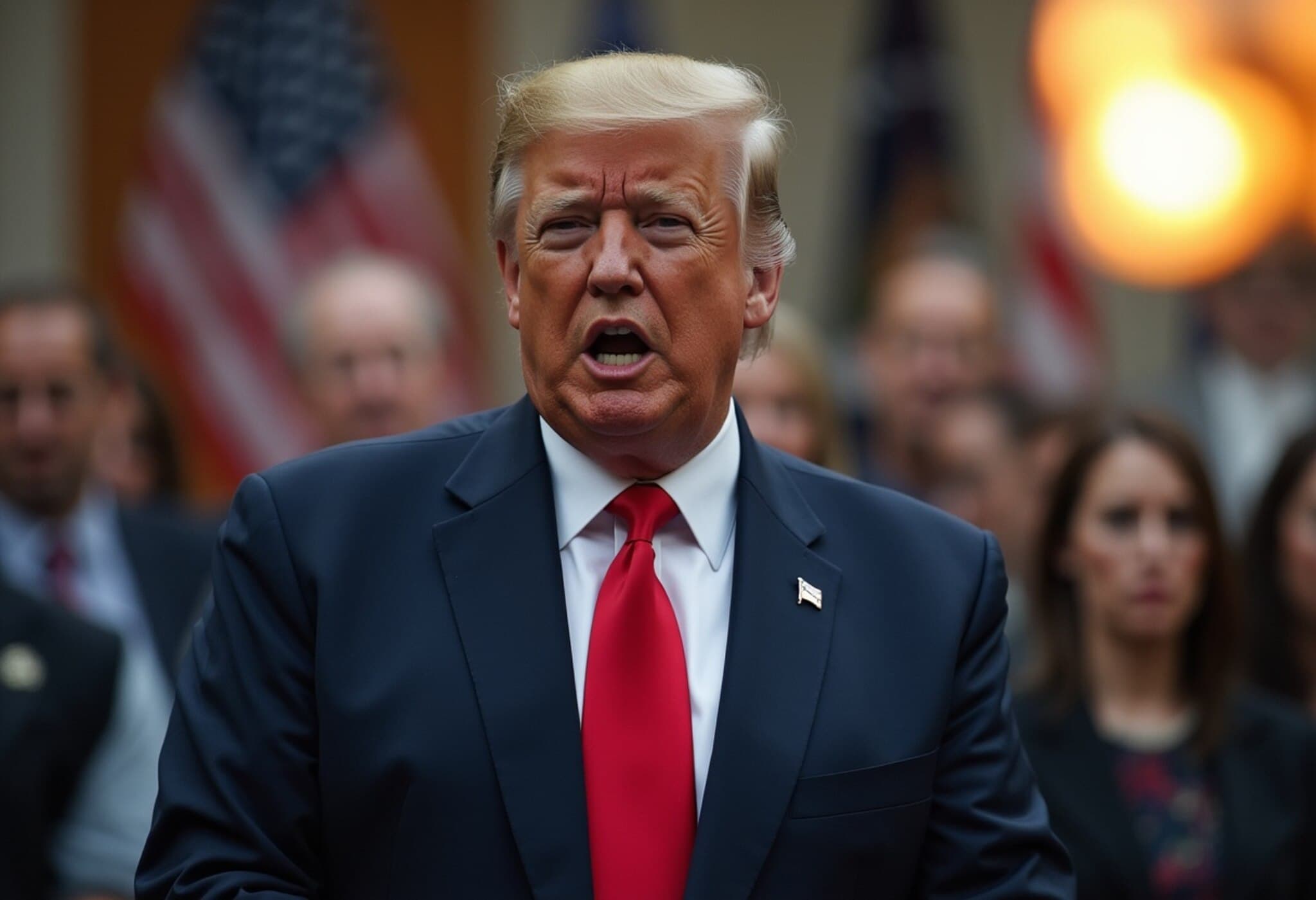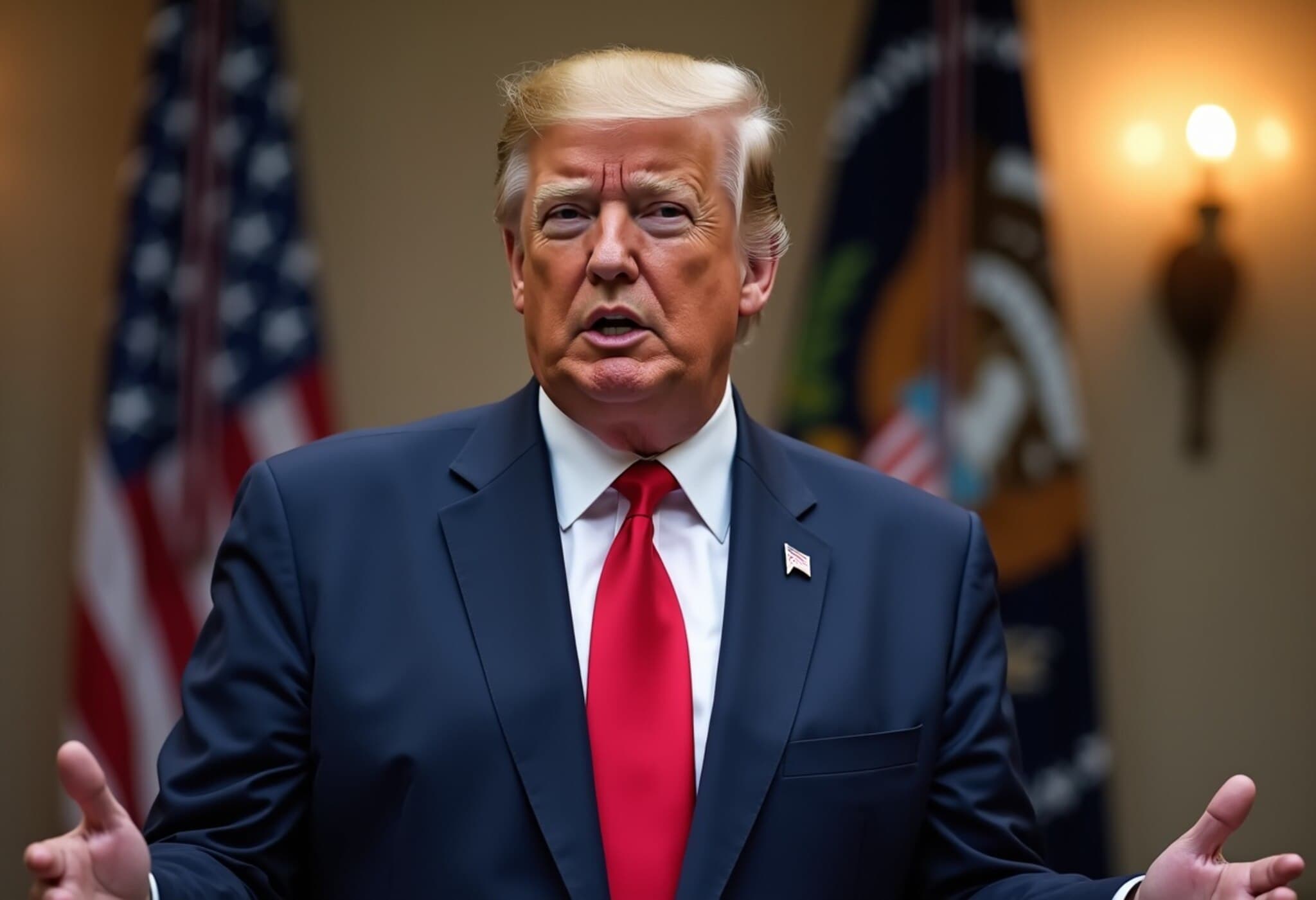The Birthday Letter That Ignited a Political Firestorm
In July 2025, an unassuming scrapbook gifted to Jeffrey Epstein on his 50th birthday in 2003 exploded into a political tempest shaking the foundations of the MAGA movement and reverberating through Washington. The Wall Street Journal's publication of a page from the album—featuring a nude sketch alongside a cryptic, typewritten note allegedly signed by Donald Trump—has reignited decades-old controversies about the former president’s relationship with Epstein while setting off a $20 billion defamation lawsuit.
What's in the Infamous Note?
The note, published as a scanned page from the scrapbook, features an intimate and vaguely suggestive message addressed to Epstein. It references shared secrets and hints at private jokes, signed simply as "Donald," nestled amidst a hand-drawn nude female figure. The Wall Street Journal did not conclusively authenticate the handwriting or the sketch but underscored the implication: a familiar bond between Epstein and Trump.
Trump's Swift Denials and Legal Counterpunch
Responding within hours, Donald Trump emphatically labeled the letter a "fake," denying authorship of the drawing and accusing the Journal and media magnate Rupert Murdoch of orchestrating a "globalist smear campaign." He quickly escalated the matter into a high-stakes legal battle, filing a $20 billion defamation lawsuit in federal court in Florida—an audacious move aiming to both debunk the allegations and intimidate the media.
The Department of Justice’s Troubling Disclosure
Adding fuel to the fire, the Department of Justice, led by Attorney General Pam Bondi, confirmed that Trump’s name indeed appears multiple times in Epstein-related files—contradicting Trump’s earlier denials. The DOJ disclosed that the birthday album was reviewed during their Epstein investigation and archived after Epstein’s death. This revelation has sparked intense speculation: Was there an effort to suppress politically sensitive information? Or is this just part of the tangled web that surfaces whenever elite power and scandal intersect?
MAGA Movement Faces Internal Strife
For years, the MAGA base anticipated that the Epstein files would expose entrenched elites and Trump’s rivals. Instead, the resurfacing of this letter has fractured the movement:
- Calls for Transparency: Many MAGA loyalists now demand the immediate release of all Epstein grand jury materials, hoping that unsealed documents might bolster Trump’s defense or expose broader conspiracies.
- Blame and Distrust: Some blame the DOJ and Bondi, accusing them of betraying Trump’s cause by withholding evidence or failing to proactively exonerate him.
- Conspiracy Theories Flourish: Online forums buzz with theories alleging the letter is a forgery, a deepfake, or a politically motivated plant designed to derail Trump's candidacy.
Simultaneously, fringe groups formerly championing Trump as a crusader against elite corruption—such as QAnon-adjacent communities—are scrambling to reconcile these revelations with their beliefs, leading to ideological fractures and quiet withdrawals.
Challenging Trump’s Denial on Artistic Ability
Trump’s claim of never having drawn a woman was quickly questioned by the media, which unearthed multiple instances where he had created sketches, including city skylines and a "money tree," some auctioned publicly for charity. While none of these featured nudes like the Epstein album’s doodle, the evidence cast doubt on Trump's denial and added another layer of complexity to the public discourse.
Why Does This Story Matter?
This episode reignites scrutiny of the Trump-Epstein relationship—long marked by public statements, infrequent contact claims, and whispered connections. Trump had previously minimized his bond with Epstein, but this note suggests a closer rapport. Furthermore, the lawsuit itself risks a backfire effect if the Journal can substantiate the letter’s authenticity, potentially deepening damage to Trump’s reputation.
Moreover, the DOJ’s tangled role—caught between transparency and political pressure—raises worrying questions about the impartiality of federal investigations into politically charged figures. Pam Bondi’s position has become precarious, as both sides accuse her office of mishandling or politicizing sensitive evidence.
Looking Ahead: A Legal and Political Minefield
The $20 billion defamation lawsuit marks the beginning—not the end—of what is likely to be a long and complicated battle involving media companies, political operatives, and federal authorities. For Trump’s political base, the controversy threatens to unravel longstanding narratives and test loyalties. For the broader American public, it is a stark reminder of how the legacies of power, privilege, and scandal remain deeply intertwined—with far-reaching implications for trust in institutions.
Editor’s Note
As the Jeffrey Epstein scandal continues to resurface through unexpected channels like a decades-old birthday album, it underscores the complex interplay of power, media, and justice in America. This case poses crucial questions: How do political allegiances influence legal transparency? Can media organizations maintain journalistic integrity while navigating high-profile defamation suits? And what does this mean for the credibility of institutions charged with upholding the rule of law? Observers should watch closely as the lawsuit unfolds and demands for greater Epstein-case transparency intensify.

